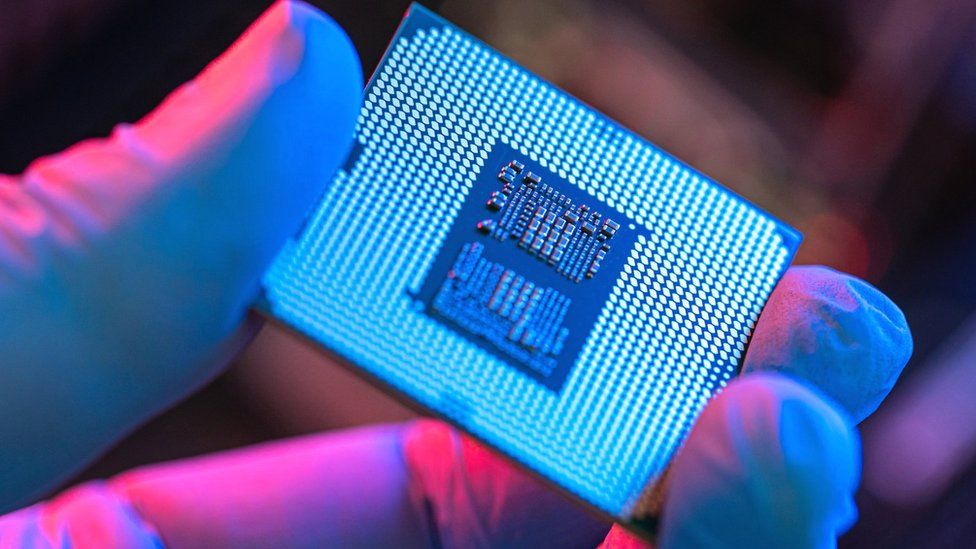New export regulations for some machinery used in semiconductor manufacturing have been announced by the Netherlands.
It comes in response to US pressure to reduce the sale of computer chip technology to China.
Despite this, the Dutch government did not cite it as justification for its action, instead stating that it was done so for reasons of national security.
In response, the Chinese government stated that the decision "was not in the interests of any party" and that it would have an effect on chip production and supply chains.
China opposes the US's "abuse of export controls," according to Mao Ning, a spokeswoman for the Chinese foreign ministry, as well as its "use of various pretexts to win over and coerce other countries into imposing a technological blockade against China.".
An arms race between the US and China is underway to control the supply of semiconductors, particularly specific computer chips used in supercomputing and artificial intelligence.
It is believed that whoever controls the supply chains, or the network of businesses and nations that make the chips, holds the key to becoming an unrivaled superpower. These chips have generated a $500 billion (£395 billion) industry that is expected to double by 2030.
In an effort to stop its technology from being used to bolster Beijing's military, the US placed extensive export restrictions on shipments of American chipmaking tools to China in October of last year.
But other important suppliers, like the Netherlands, must band together for the US restrictions to be effective.
According to the Dutch government, export authorization will be required starting on September 1 for "certain advanced semiconductor manufacturing equipment.".
The decision will particularly impact ASML, the biggest company in the country and the biggest and most technologically advanced chip manufacturer in the world.
In a statement, ASML promised to "continue to comply with applicable export laws, including Dutch, EU, and US laws.".
It continued by saying that it didn't anticipate the measures to have a "material impact" on its financial situation.
The Minister for Foreign Trade and Development Cooperation, Liesje Schreinemacher, stated that certain chips "can make a key contribution to certain advanced military applications" due to the way they can be used.
Therefore, "uncontrolled export of goods and technologies potentially poses risks to national security," she continued. The Netherlands has a special, leading position in this field, so this country has an added responsibility. This additional step is neutral to nations, just like the export control policy in general.
. "







